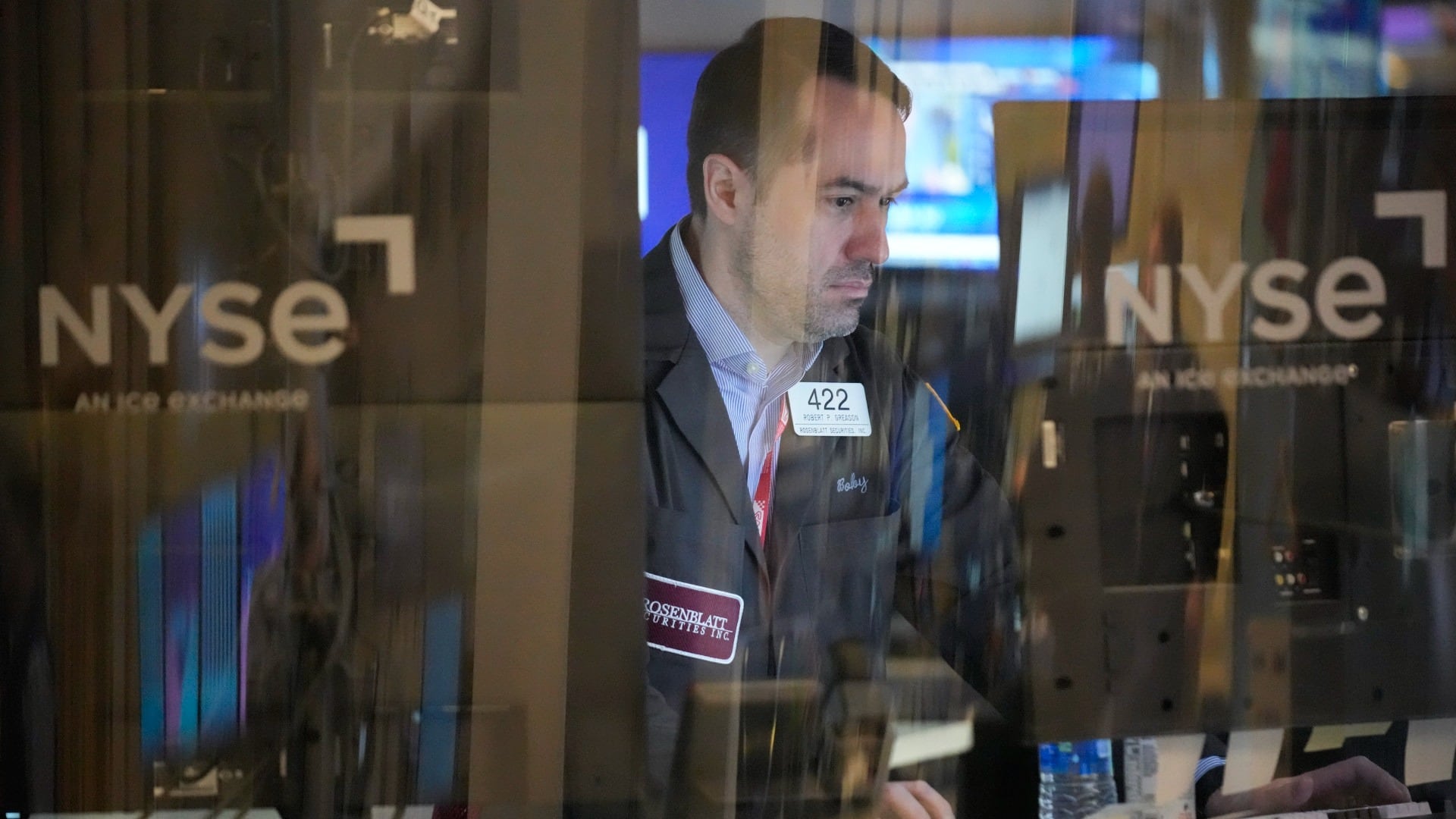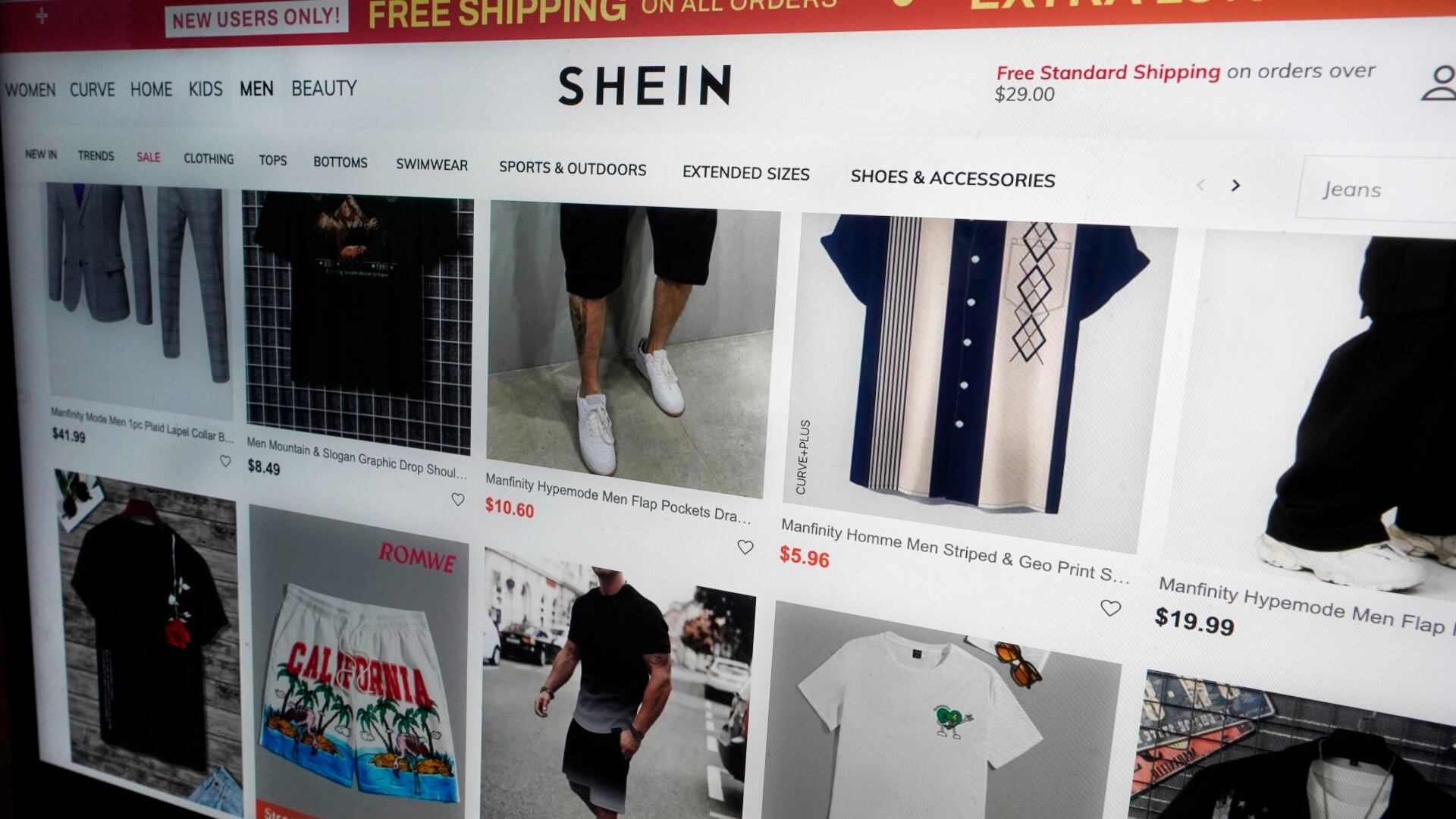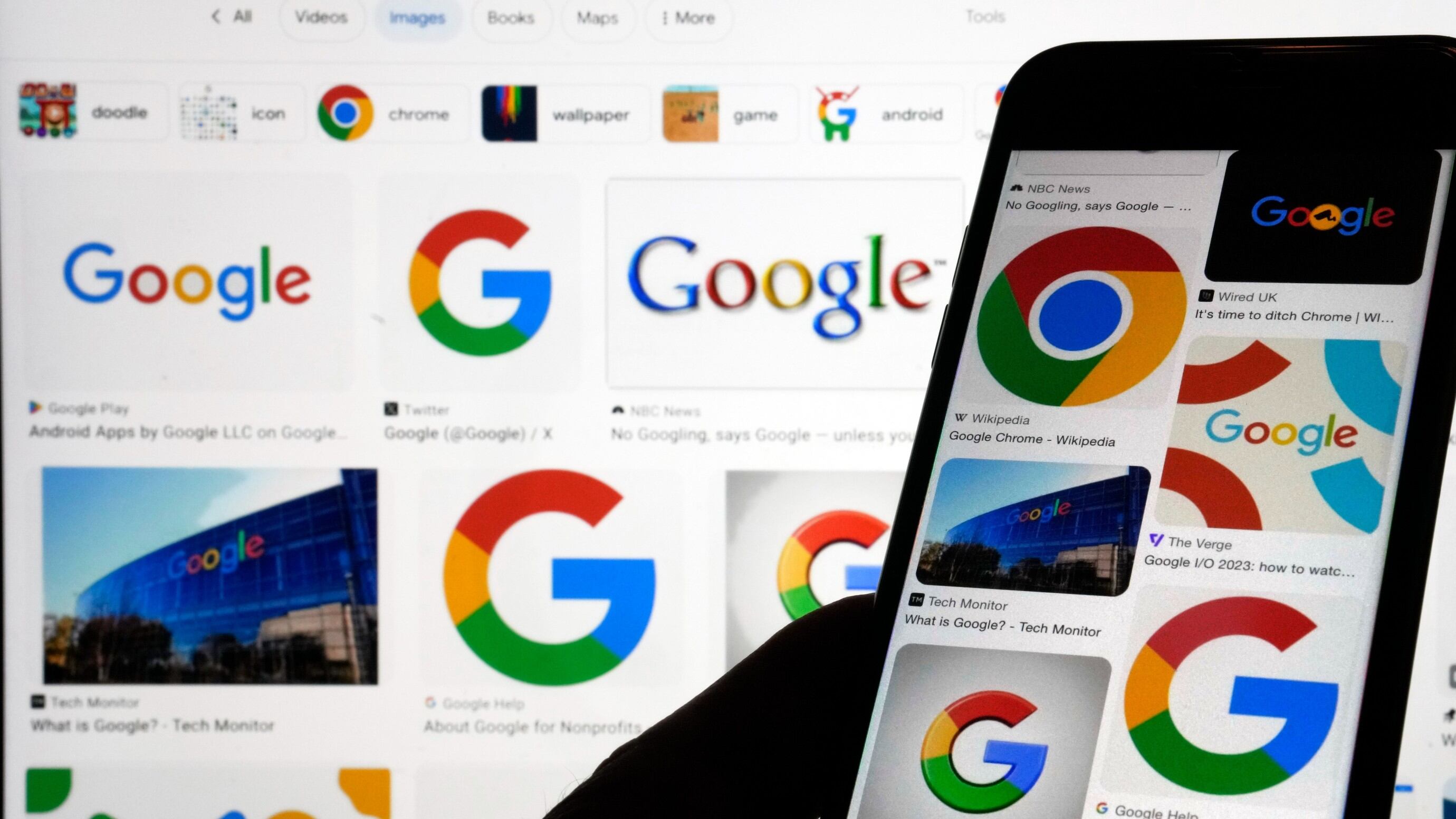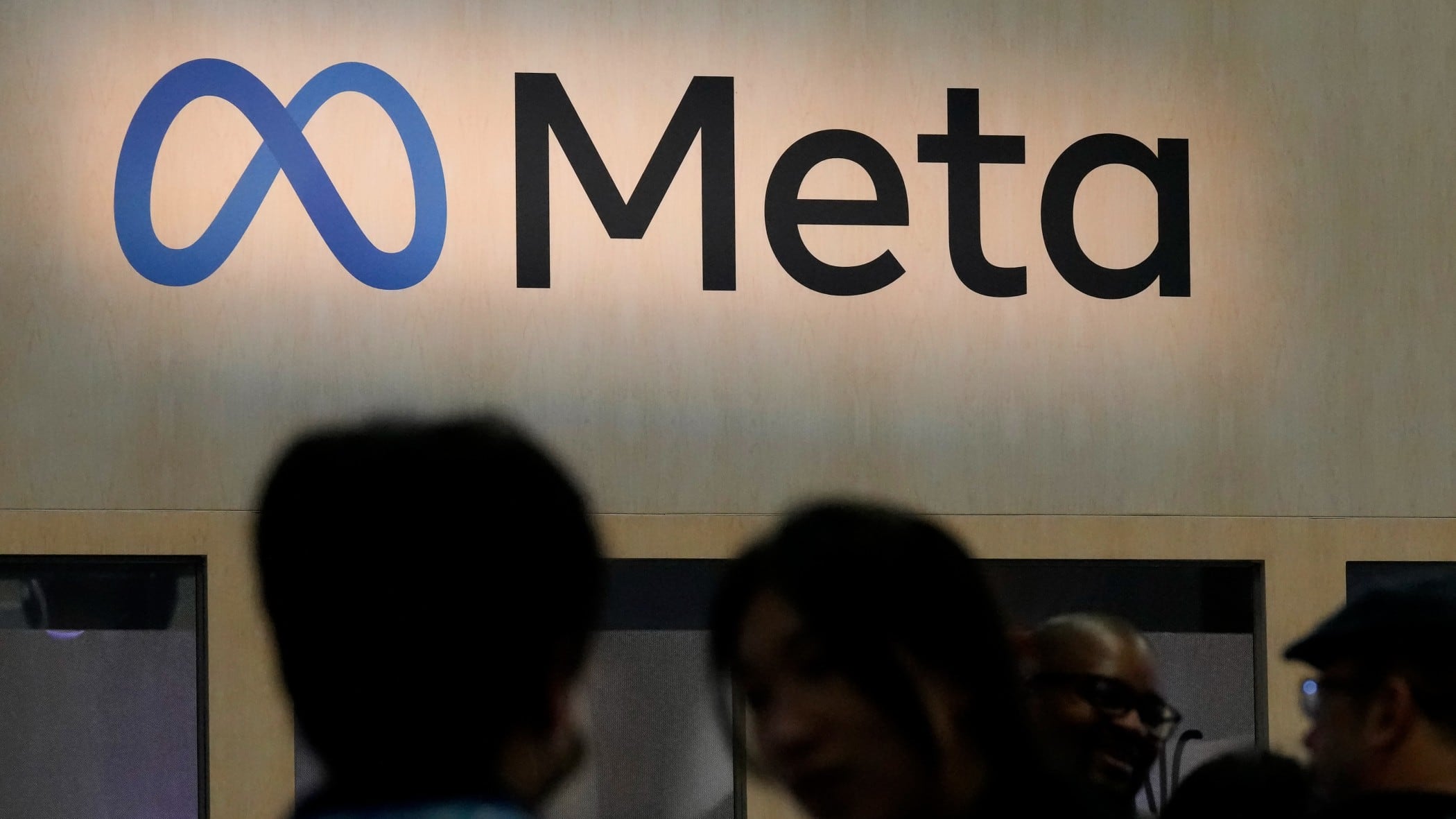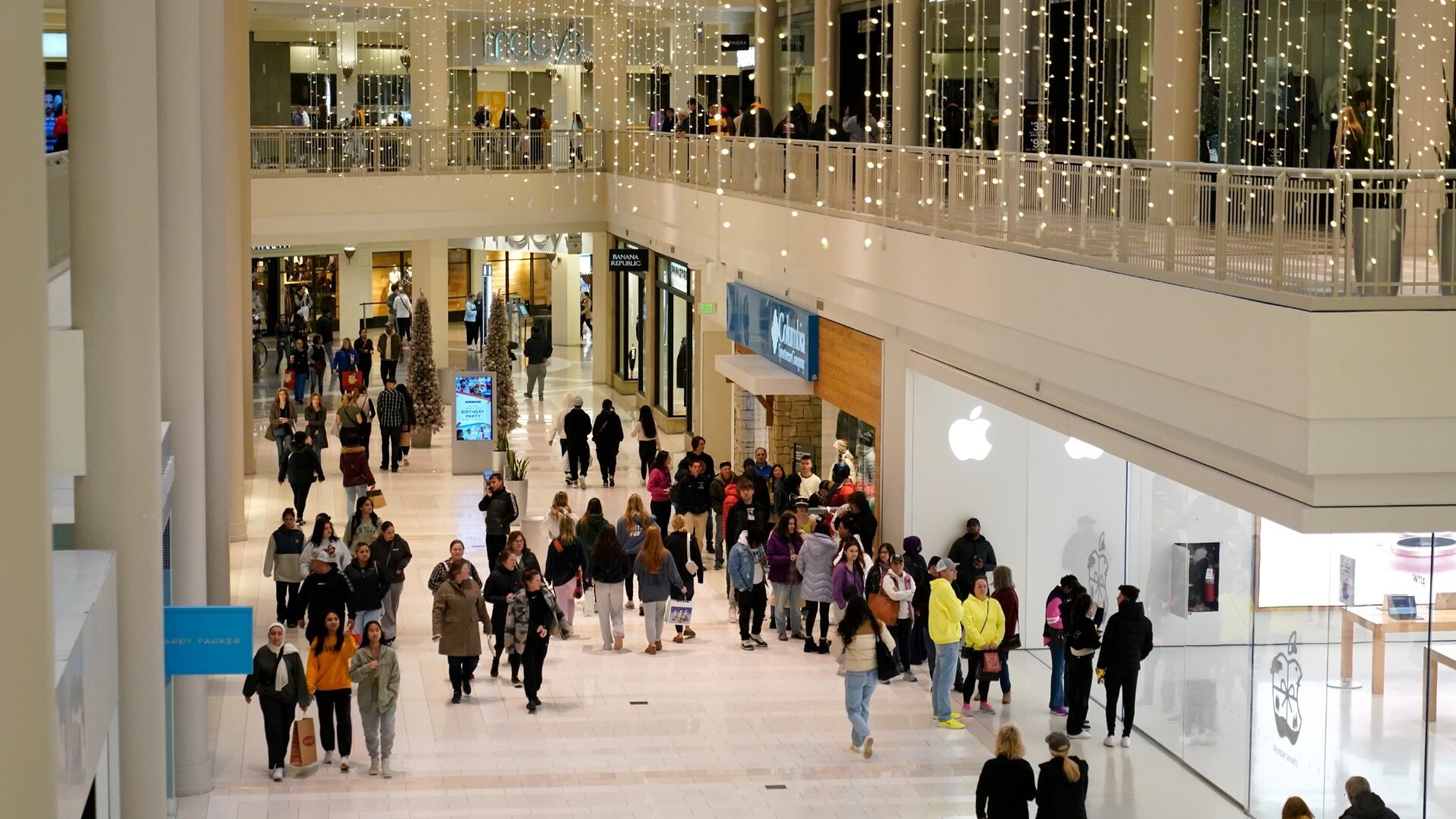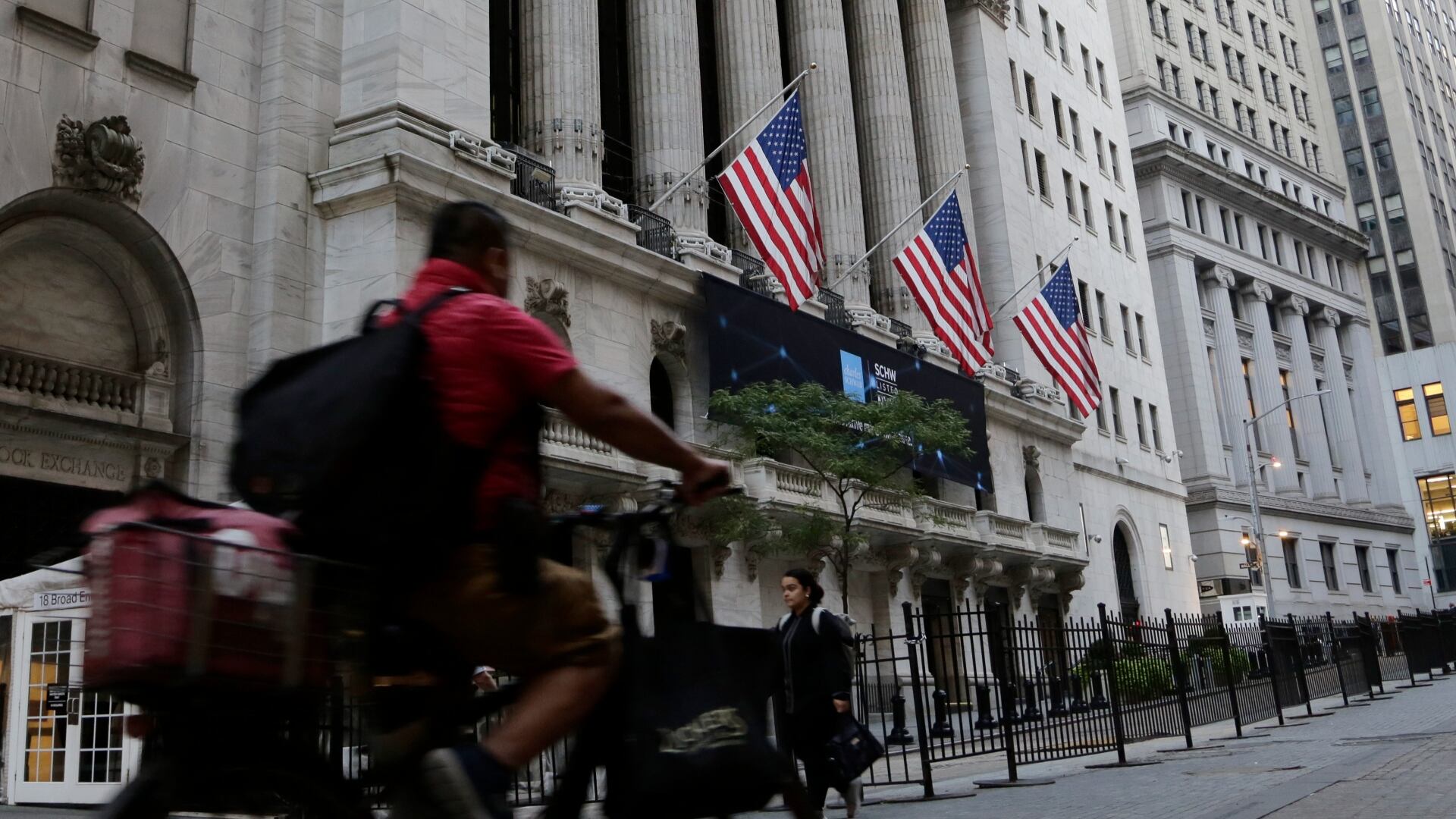Bitcoin hits a record high, but is another catastrophic collapse around the corner?
It’s baaaaaaack! Bitcoin, the OG cryptocurrency, hit a record high this week, reaching $69,208.79 on Tuesday, a remarkable recovery after it collapsed in the spring of 2022, bottoming out near $16,000. But this time it’s different. (We swear!) The last run was fueled by tens of thousands of individual investors rushing to cash in on the virtual tulip craze. When the exchanges they were using, like Sam Bankman-Fried’s FTX, were revealed as scam shops, the fever abated and investors rushed for the door. This time around, though, the creation of exchange-traded funds by major financial institutions is fueling the price zoom, largely because they are legally obliged to hold a certain amount of Bitcoin, and there’s only so much of it to go around. That’s because the algorithm designed by mythical Bitcoin creator Satoshi Nakamoto imposes a hard limit of 21 million bitcoins, and 90% of those coins have already been mined. In fact, the algorithm has gotten so complex that bitcoin farms are down to printing about 900 coins a day worldwide. The big question now: Can it last? Bitcoin has a history of spectacular crashes after huge price gains, and there is still very little that you can buy with a Bitcoin beyond fiat currency. Even Tesla warns that if the value of your Bitcoin drops while you’re filling out a purchase order, you’ll have to make up the difference immediately.
A match made in the heavens? Nope, Jet Blue just didn’t have the Spirit.
There will be no wedding bells for Jet Blue and Spirit Airlines after federal regulators blocked their planned $3.8 billion merger. In January, a federal judge in Boston agreed with the government’s contention that the joint airline would raise ticket prices for consumers, noting that whenever Spirit entered a market, fares went down as the major airlines slashed prices to compete. The government argued that a larger JetBlue would act just like its bigger competitors while taking away a low-cost option for travelers. That could be seen as a vindication of Spirit’s commercial strategy, but it still leaves Spirit in dire shape. Sure, Jet Blue will have to pay a $69 million breakup fee and pay Spirit shareholders $400 million, but Spirit has lost money for the past six quarters even as travel demand surged, and only drastic changes—cutting routes and slashing staff—can hope to make it profitable. "Strategically, the company is challenged," Moody’s analyst Jonathan Root told Reuters. "They have to lower their costs." What’s left for Spirit? Most likely a hookup with another discount airline whose routes don't overlap. Hello, Frontier?
Another banking crisis averted with the help of … Steve Mnuchin?!?
Former Treasury Secretary Steve Mnuchin, who under Trump gutted banking regulations and became an internet meme when he and his black-gloved wife Louise Linton posed with a sheet of dollar bills, may have just helped avert another banking crisis. Mnuchin, a former Goldman Sachs banker who forsook his dorm room for a hotel when he was an undergrad at Yale, leads a group of investors who’ve just poured $1 billion into the New York Community Trust, a bank that hit a rough patch after buying up the real estate collateral of New York’s Signature Bank, which failed last year. NYCB’s own troubles include a large portfolio of speculative rent-stabilized apartment buildings in New York City, whose upside vanished as the city moved to block evictions. With more than $100 billion in assets, it was the 28th largest bank in the U.S. at the end of 2023, but its share price has plummeted by two-thirds since January. Mnuchin is something of a serial investor when it comes to real-estate-heavy troubled banks. He bought the troubled IndyMac bank after the 2008 financial crisis, selling it later for a hefty profit. But he also came under scrutiny for his aggressive foreclosure tactics.
In another bid to [checks notes] save humanity, Elon Musk sues OpenAI’s Sam Altman
Forget brain implants, Mars colonies and electric cars. Elon Musk has a bigger battle to wage to save humanity: He’s going at it with OpenAI chief Sam Altman over the future of artificial intelligence. Musk says Altman has betrayed their 2015 agreement that created OpenAI when the two men agreed that artificial general intelligence, the most powerful kind, should be developed to help humanity, not harm it. Altman, says Musk, has sold out. In a 46-page complaint filed in San Francisco, Musk says, “Where some like Mr. Musk see an existential threat in AGI, others see AGI as a source of profit and power.” Fast forward to 2023, and OpenAI’s alliance with Microsoft, and the introduction of GPT-4, which can reason better than most humans. That’s when Musk says Altman sealed OpenAI, and has since been refining it to maximize profits for Microsoft. All he wants, Musk says, is for the court to compel OpenAI to stick to its original agreement and “return to its mission to develop AGI for the benefit of humanity.” Altman, who was fired by OpenAI’s board, then instantly rehired last year amid allegations he was hiding material from the board, fired back with a note co-signed by Chief Strategy Officer Jason Kwon, The Wall Street Journal reported, saying: “We believe the claims in this suit may stem from Elon’s regrets about not being involved with the company today.”
Fed chief hints at a rate cut coming, just in time for the election
Setting the benchmark U.S. interest rate is one of the trickiest jobs in America. Like a pilot on the Mississippi River, the Federal Reserve bank chair has to steer among the shoals and shifting sandbars of the world’s largest economy, with only the crudest of tools to keep growth up and prices and unemployment down. Now, three years after rates bottomed out at 0.1%, the Federal Funds Rate is at 5.33%, and home buyers and investors are clamoring for relief. Well, it may just be coming. Fed Chairman Jerome Powell says the central bank is “not far” from the first rate cut in more than three years. Powell’s statement was more a model of details and hedging than clarity, but still it offers hope. "We are waiting to become more confident that inflation is moving sustainably down to 2%,” Powell told the Senate Banking Committee on Thursday. “When we do get that confidence, and we’re not far from it, it will be appropriate to begin to dial back the level of restriction so that we don’t drive the economy into recession.” The Fed's preferred Personal Consumption Expenditures Price Index shows inflation at 2.4%, and yields on two-year treasuries fell slightly after Powell spoke, suggesting investors believe the Fed could begin cutting rates in June.

